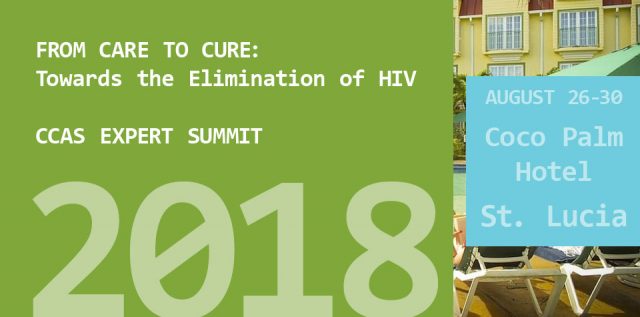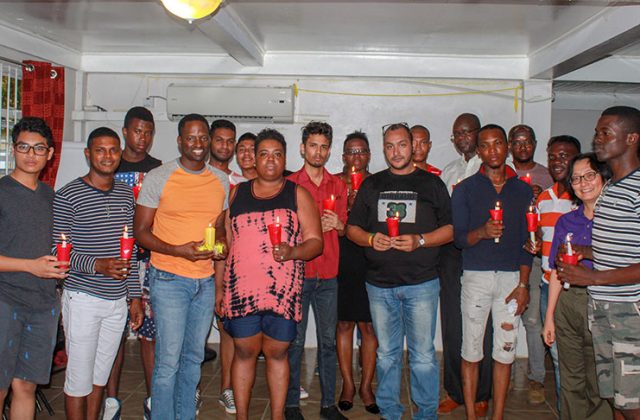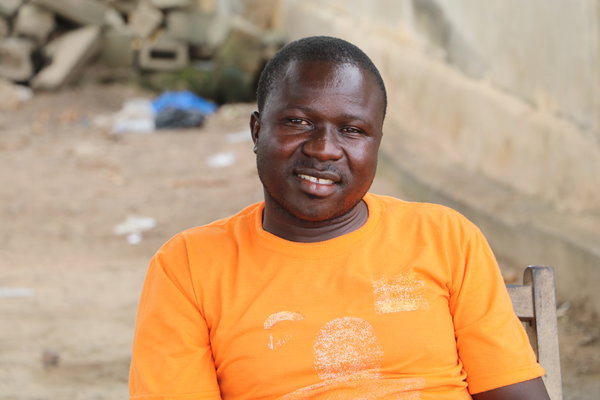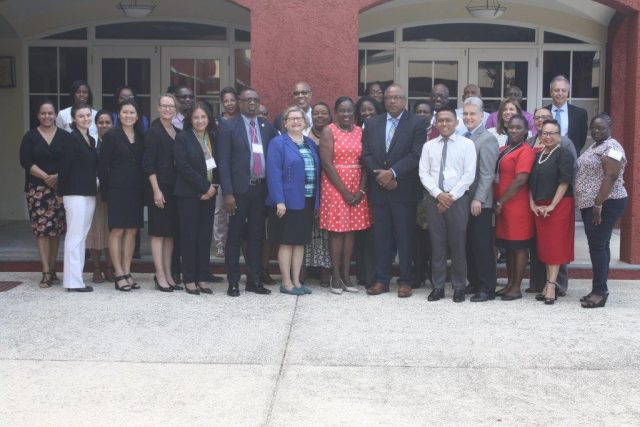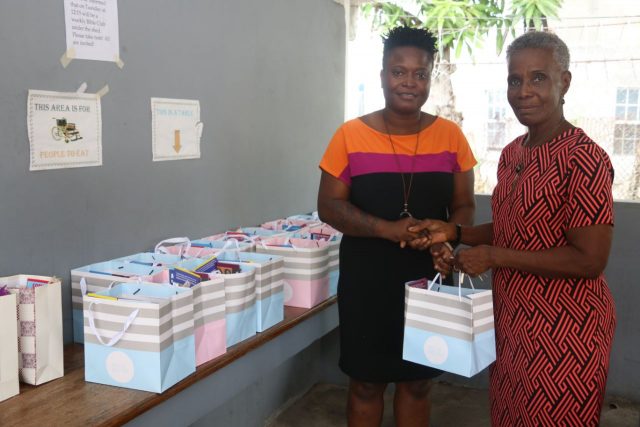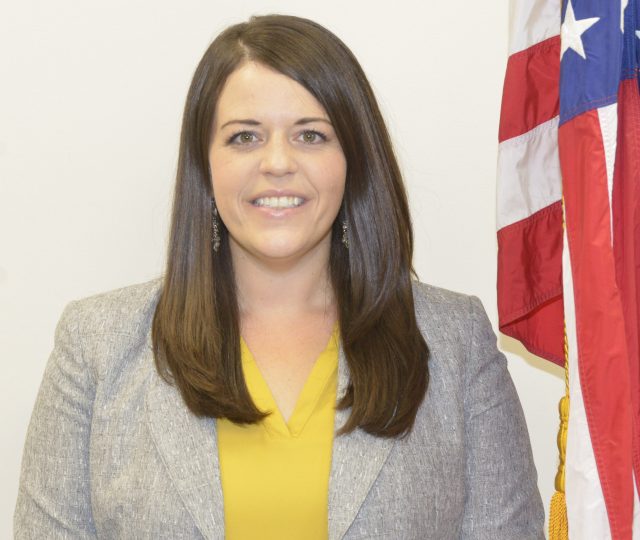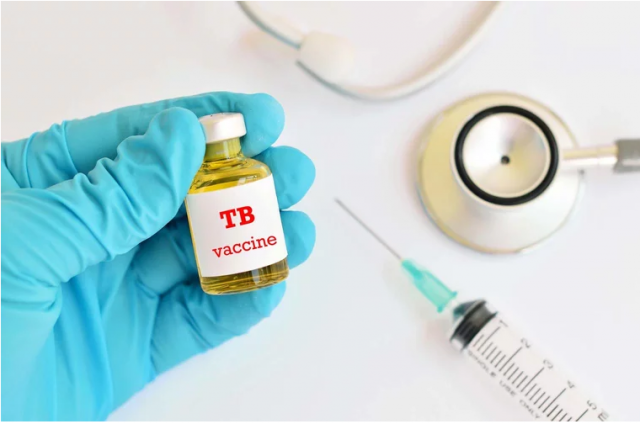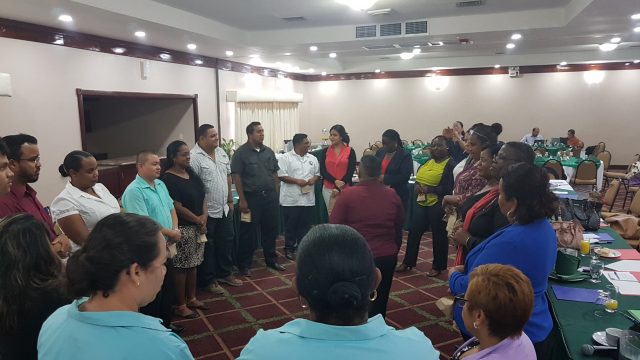Image: Ms. Victoria Nibarger, PEPFAR Coordinator, Caribbean Regional Programme
The PANCAP Newsletter is one of the first digital publications to interview Ms. Victoria Nibarger, the new PEPFAR Coordinator for the Caribbean Regional Programme based at the Office of the Global AIDS Coordinator and Health Diplomacy (S/GAC), U.S. Embassy Kingston, Jamaica.
Here, Ms. Nibarger discusses the new PEPFAR direction for HIV and AIDS in the Caribbean and the significant changes occuring within the programme. The following is an in-depth conversation with Ms. Nibarger and the Editor of the PANCAP Newsletter.
Editor: PEPFAR is on a new course of redefining its presence within the Region. Can you provide details on the new PEPFAR direction?
Victoria Nibarger: This is a time of transition for PEPFAR efforts in the Caribbean. At present, our PEPFAR Caribbean Regional Program covers our bilateral assistance in Barbados, Guyana, Jamaica, Suriname, and Trinidad & Tobago. To better position ourselves to address the higher HIV burden in Jamaica, we have moved our regional headquarters from Barbados to Jamaica. Over the next two and a half years, we will wind down our bilateral programs in Barbados, Trinidad & Tobago, Suriname, and Guyana. At the same time, we will continue to provide regional technical assistance from Jamaica. In terms of bilateral country programming, after fall 2020 we will focus on the HIV response in Jamaica, where there is a greater prevalence and incidence of HIV. This will help PEPFAR maximize its efforts at controlling the HIV epidemic in the region.
Editor: Can the region expect any significant changes from PEPFAR?
Victoria Nibarger: As mentioned above, our program is changing significantly. Change is never easy, and we understand that our decision-making on PEPFAR affects many others, including government partners, NGOs, multilateral organizations, and of course, the people living with HIV throughout the region. While we will not be able to provide bilateral assistance to each country in the regional program, we have started planning for regional assistance that could be offered from our new home in Jamaica. For example, I am excited about possibilities to use existing PEPFAR-supported technological platforms to support clinicians by providing continued training and in turn, help ensure people living with HIV have access to high-quality medical care.
Editor: As your tenure begins, what is your vision for PEPFAR’s contribution to achieving the International targets for ending AIDS including the 90-90-90 Targets and the Sustainable Development Goals 2030 Target?
Victoria Nibarger: I am new to the PEPFAR world, and I feel fortunate that I am joining the team at a time when globally, we have the best practices for reaching the 90-90-90 targets and achieving epidemic control. I believe we can fine-tune our approach in the Caribbean and inch closer to the goals. In Jamaica, while the majority of people know their HIV status, less than 40 percent are on antiretroviral treatment (ART) and around 20 percent are virally suppressed. In Jamaica and in the region, I envision our PEPFAR support as strategically helping the governments to bring more patients from key populations into care, retain them on treatment, and achieve viral suppression. To do so, we must continue to spread awareness of the policy shift to Treat All, so that every person who tests positive will rapidly initiate ART – ideally that same day. We must also combat stigma and discrimination, so that HIV/AIDS is treated as other ailments such as diabetes, cancer, the flu. All are health issues, not moral ones.
Editor: How does PEPFAR intend to collaborate with the region on resource mobilization in the context of declining external support?
Victoria Nibarger: Sustainability is at the heart of our transition planning. We are working with the goal of responsibly turning over PEPFAR-supported activities to host governments, civil society partners, and other donors. We have a tool called the “Sustainability Index Dashboard” that offers a sort of snapshot of a country’s sustainability landscape; this and other analysis is helping to inform our discussions. For some countries, we have funded stakeholder planning meetings, and more are scheduled. We are also trying to enhance donor coordination at a regional level, where entities such as PANCAP will continue to play key leadership roles.
Editor: How important is the role of civil society in achieving the 90-90-90 Targets?
Victoria Nibarger: Civil society is absolutely critical to achieving epidemic control in the Caribbean, and I am heartened to see so many incredible organizations working to affect positive change. The epidemic is localized in a few key populations, and these groups face serious stigma and discrimination. In my view, civil society’s role is essential on two main fronts: 1.) to help patients safely initiate treatment and stick with their regimens; and 2.) to promote policy change and government support to ensure equal rights and equal access to healthcare. Jamaica AIDS Support for Life (JASL) is doing remarkable work in Jamaica, and I understand that its model is now being replicated throughout the wider region. Simply put, PEPFAR assistance could not have the impact that it does without our civil society partners.
Editor: Do you have any further thoughts you would like to share with the Partnership?
Victoria Nibarger: It is a pleasure to once again be working in the Caribbean, this time in a regional capacity. I am grateful for the warm welcome I have received from those involved in the region’s HIV/AIDS response, and I look forward to meeting as many colleagues as possible in the coming months. I am a career U.S. diplomat, meaning I move every few years to a new country and topic of assignment; my prior assignment entailed work related to the armed conflict in eastern Ukraine, for example. To be back in the Caribbean, working on HIV/AIDS policy issues that I studied as a graduate student, is an unexpected, and most welcome, “full circle” moment for me.
PANCAP extends congratulations to Ms. Nibarger and wishes to express sincere gratitude for her insight into the new PEPFAR pivot and other essential information highlighted in this interview. The Partnership anticipates further successful collaborations with Ms. Nibarger.
Click here to read the original congratulatory message from Mr. Dereck Springer, Director, PANCAP on Ms. Nibarger’s appointment.

